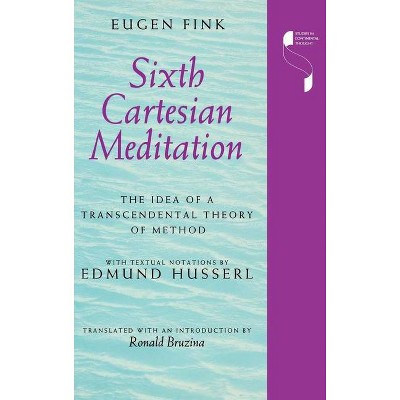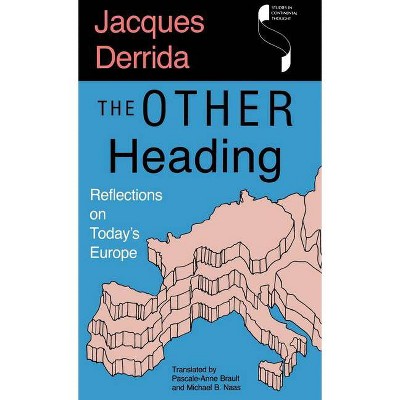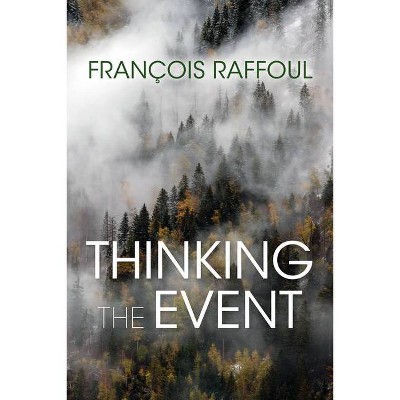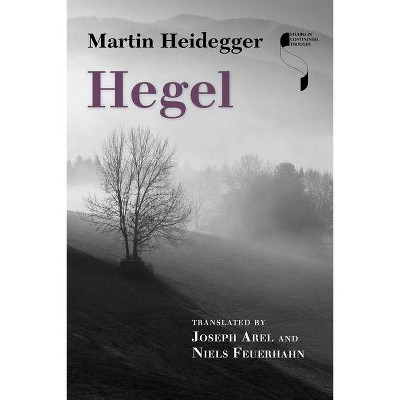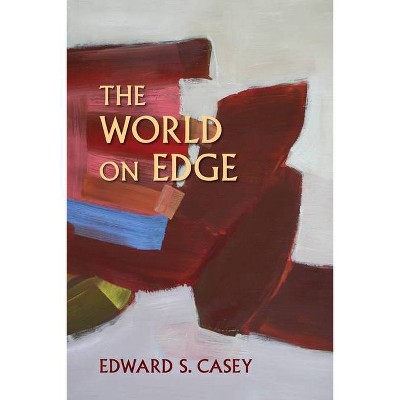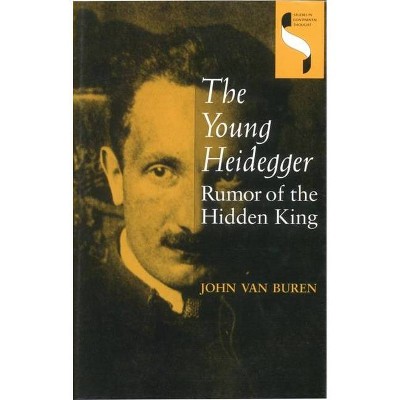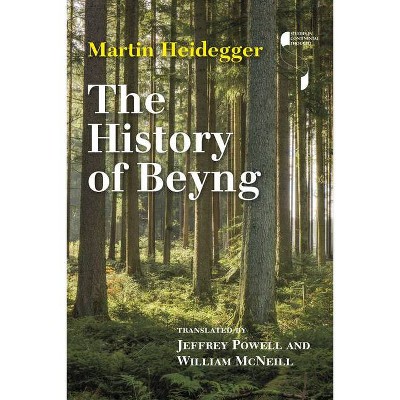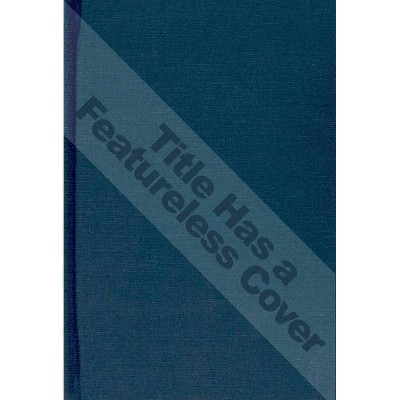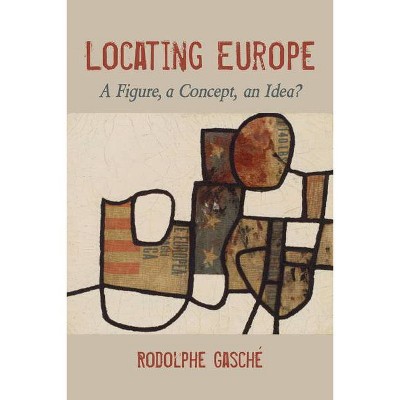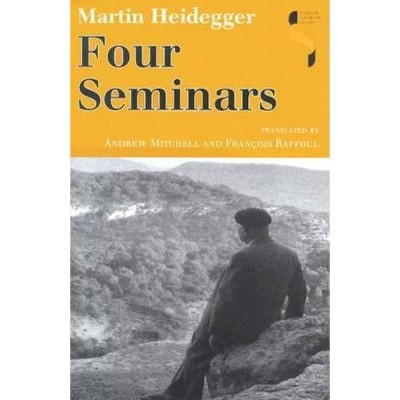Play as Symbol of the World - (Studies in Continental Thought) by Eugen Fink (Hardcover)
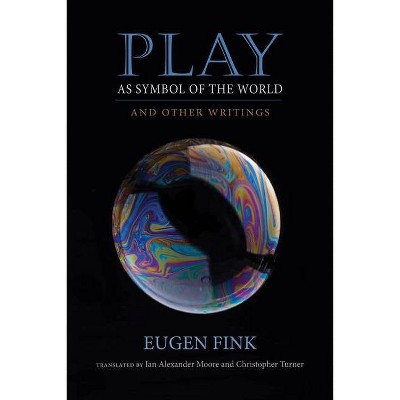
Similar Products
Products of same category from the store
AllProduct info
<p/><br></br><p><b> About the Book </b></p></br></br>Well-known for its nontechnical, literary style, this skillful translation by Ian Alexander Moore and Christopher Turner invites engagement with Fink's philosophy of play and related writings on sports, festivals, and ancient cult practices.<p/><br></br><p><b> Book Synopsis </b></p></br></br><p>Eugen Fink is considered one of the clearest interpreters of phenomenology and was the preferred conversational partner of Edmund Husserl and Martin Heidegger. In <i>Play as Symbol of the World, </i> Fink offers an original phenomenology of play as he attempts to understand the world through the experience of play. He affirms the philosophical significance of play, why it is more than idle amusement, and reflects on the movement from child's play to cosmic play. Well-known for its nontechnical, literary style, this skillful translation by Ian Alexander Moore and Christopher Turner invites engagement with Fink's philosophy of play and related writings on sports, festivals, and ancient cult practices.<p/><br></br><p><b> Review Quotes </b></p></br></br><br><p>Ian Alexander Moore and Christopher Turner do more than simply translate the words that are in this book. They convey the spirit that lives in those words, in its distinctiveness among other writings with its unique, kindly scholarship-in-depth for which Eugen Fink was highly praised.</p>--Ronald Bruzina "University of Kentucky"<br><br><p>Compared to Husserl and Heidegger, Fink is a much more readable writer, and the translators have done an excellent job of rendering his words into fluid English prose.</p>-- "Notre Dame Philosophical Reviews"<br><br><p>This is a complex and challenging text, perhaps an essential primary source in the history of phenomenology. It is certainly noteworthy for exemplifying a unique crossroads in the legacies of Husserl and Heidegger.</p>-- "Phenomenological Reviews"<br><p/><br></br><p><b> About the Author </b></p></br></br><p>Eugen Fink (1905-1975) was a student and colleague of Edmund Husserl and Martin Heidegger. <i>Spiel als Weltsymbol</i> was published in 1960. This is the first English translation.</p><p>Ian Alexander Moore and Christopher Turner are Ph.D. students in Continental Philosophy at DePaul University. They are translators of Peter Trawny's <i>Freedom to Fail: Heidegger's Anarchy</i>.</p>
Price History
Cheapest price in the interval: 58.99 on October 27, 2021
Most expensive price in the interval: 58.99 on November 8, 2021
Price Archive shows prices from various stores, lets you see history and find the cheapest. There is no actual sale on the website. For all support, inquiry and suggestion messagescommunication@pricearchive.us
